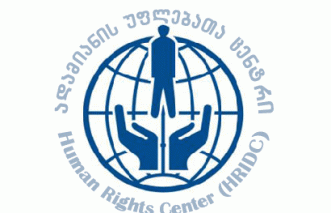Human Rights Center commenced review of pardon mechanisms in eight European states. Specialist of comparative justice will study the pardon mechanism models in Poland, Czech Republic, Bulgaria, Croatia, Ireland, Austria and Hungary.
Human Rights Center is implementing a project - “Researching the pardon mechanism in Georgia” in the frame of which the organization will evaluate the existing pardon mechanism in Georgia in comparison to the models of different democratic states to expose its positive and negative aspects. It aims to support transparent and effective functioning of the pardon mechanism.
Problems will be identified and optimum model will be developed during the research period. Recommendations will be submitted to the Administration of the President, the pardon commission and other target groups.
Human Rights Center has many years of experience in working on pardon cases, during which a number of issues has been discovered. For example, there are cases when the pardon commission unanimously issues consent to pardon a prisoner, but the President refuses to pardon. In number of cases, the commission unanimously issues a negative decision while the President still pardons a prisoner. Sometimes the President pardons prisoners without taking into account pardon criteria, based on special circumstances. “Special Circumstance” is spelled out in the regulation, but its content is not clear and foreseeable. This raises questions among prisoners.
Despite the fact that the pardon is an exclusive constitutional prerogative of the President, the above mentioned and other issues requires appropriate legislative regulation, so the pardon procedure will be more transparent and clear for citizens.
Presenting the results of research and advocating the recommendations will contribute to informing society and raising awareness regarding issues of the pardon mechanism. In addition, it will promote improvement and reformation of the mechanism itself.
The project is being implemented with the financial support of Open Society Georgia Foundation.
News
December 13, 2023
Ethnic minorities outside the peace dialogue
November 6, 2023
‘Peace’ agenda of political parties
Popular
Articles
February 13, 2024




